Case Studies
CASE STUDY 1
Transforming a Service in Crisis – from public scandal to ‘Outstanding’ care
The Challenge
A care provider found themselves at the centre of a media storm after deeply distressing CCTV footage emerged, showing an elderly lady being verbally and physically abused by care staff. The incident led to a damning CQC inspection report, which, due to inspection delays, remained visible in the public domain for an extended period. The reputational damage was severe. Trust from the local community was shattered, staff morale was at an all-time low, and the organisation's future was uncertain.
Our Role
Quality Care Matters 2 Us (QCM2US) was approached by the provider at this critical point. We responded swiftly, conducting a comprehensive compliance audit and mock inspection to provide an independent, up-to-date assessment of the service.
What we found was a transformed environment. The provider and their team had worked tirelessly to turn the service around. Systems had been overhauled, leadership had been strengthened, and staff were clearly committed to delivering safe, compassionate, and person-centred care.
The Outcome
The findings of our audit painted a very different picture to the outdated CQC report. Our report highlighted a service that had not only addressed its past failings but had embraced a culture of continuous improvement and excellence. When our Founder presented the feedback to over 20 members of the leadership team, there wasn’t a dry eye in the room.
The impact was immediate and lasting, staff morale was rejuvenated as their efforts were finally recognised, community confidence began to rebuild as positive changes were communicated, leadership teams felt empowered with a clear pathway to sustained quality.
The service, once in crisis, was now simply Outstanding.
Why This Matters
This case highlights how independent oversight, constructive challenge, and a strengths-based approach can support providers to move forward after adversity. At QCM2US, we don’t just inspect, we inspire improvement and celebrate recovery.
CASE STUDY 2
Restoring Rights and Dignity – A Landmark Outcome Under the Mental Capacity Act (2005)
The Background
An individual had lived in a secure, complex care setting for over 30 years under a Section 117 aftercare arrangement following detention under the Mental Health Act. As a teenager, this person was convicted of a serious offence and detained for mental health treatment. Although the sentence was completed and mental health had stabilised, the individual remained subject to highly restrictive care arrangements for decades, with no clear pathway to greater independence.
Despite clear progress and ongoing engagement in rehabilitation, the situation had become one of institutional inertia. Opportunities to explore less restrictive care had been repeatedly overlooked, and the individual’s voice was no longer being heard within decision-making processes.
The Legal Context
Under Section 117 of the Mental Health Act, local authorities and Integrated Care Boards (ICBs) must provide aftercare services following hospital detention. However, these services must be necessary for health or safety and subject to regular review to ensure they remain relevant and proportionate.
Additionally, the Mental Capacity Act (2005) (MCA) requires that individuals be supported to make their own decisions whenever possible. Any restrictions placed on liberty or autonomy must be in the person’s best interests and represent the least restrictive option available, in line with Article 5 of the European Convention on Human Rights.
Our Role
Quality Care Matters 2 Us (QCM2US) became involved after concerns were raised that the individual’s continued placement and restrictions no longer met the necessary legal or ethical standards. Our team worked alongside advocates and legal representatives to challenge the status quo and ensure that rights under the MCA were upheld.
QCM2US carried out:
A comprehensive review of documentation and capacity assessments, a compliance-focused audit highlighting the lack of proportionality in care planning, evidence to support that the individual had capacity to make decisions about care and future placement, observations showing clear engagement, insight, and a desire for more independent living
The Breakthrough
The case was heard in court and resulted in a significant ruling: the restrictions were found to be no longer legally justified. The individual's Section 117 status was lifted, and a transition plan to a community-based setting was approved, offering choice, freedom, and the support needed to succeed.
The Impact
The individual regained decision-making rights and began building a life outside of institutional care, the case led to broader reflection across local systems on the need for regular reviews and legal compliance in long-term placements. This outcome highlighted the critical importance of professional curiosity, lawful care planning, and a refusal to accept outdated assumptions.
Why This Matters
This case represents a powerful example of how long-standing deprivation of liberty can go unchallenged without proactive oversight. It reminds us that every person has the right to be heard, regardless of their history, and that systems must remain focused on recovery, autonomy, and dignity.
At QCM2US, we champion the rights of individuals, ensure providers meet legal obligations, and fight for care that truly reflects a person’s potential, not just their past.

